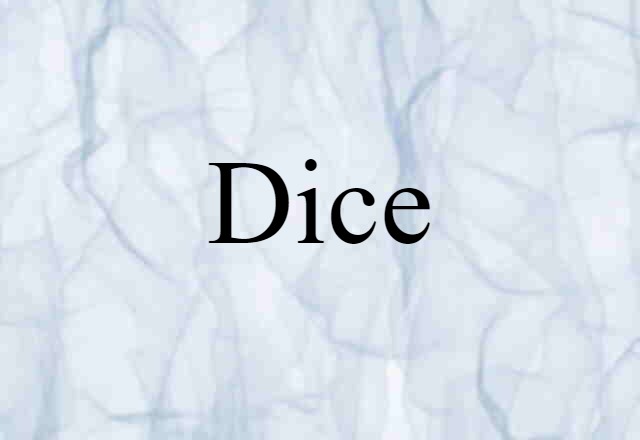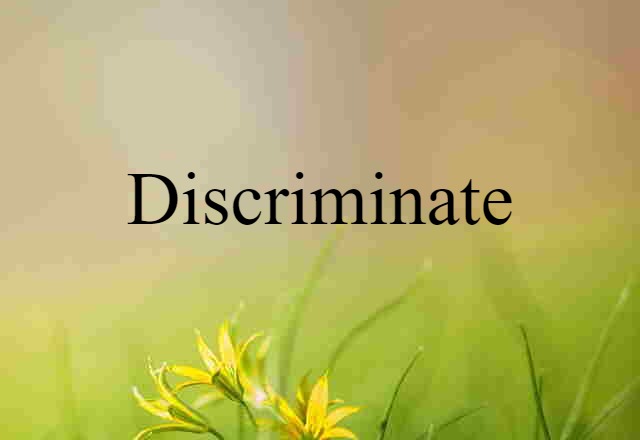- (used, especially before a noun, with a specifying or particularizing effect, as opposed to the indefinite or generalizing force of the indefinite article a or an): the book you gave me; Come into the house.
- (used to mark a proper noun, natural phenomenon, ship, building, time, point of the compass, branch of endeavor, or field of study as something well-known or unique): the sun; the Alps; the Queen Elizabeth; the past; the West.
- (used with or as part of a title): the Duke of Wellington; the Reverend John Smith.
- (used to mark a noun as indicating the best-known, most approved, most important, most satisfying, etc.): the skiing center of the U.S.; If you're going to work hard, now is the time.
- (used to mark a noun as being used generically): The dog is a quadruped.
- (used in place of a possessive pronoun, to note a part of the body or a personal belonging): He won't be able to play football until the leg mends.
- (used before adjectives that are used substantively, to note an individual, a class or number of individuals, or an abstract idea): to visit the sick; from the sublime to the ridiculous.
- (used before a modifying adjective to specify or limit its modifying effect): He took the wrong road and drove miles out of his way.
- (used to indicate one particular decade of a lifetime or of a century): the sixties; the Gay Nineties.
- (one of many of a class or type, as of a manufactured item, as opposed to an individual one): Did you listen to the radio last night?
- enough: He saved until he had the money for a new car. She didn't have the courage to leave.
- (used distributively, to note any one separately) for, to, or in each; a or an: at one dollar the pound.
- (used to modify an adjective or adverb in the comparative degree and to signify “in or by that,” “on that account,” “in or by so much,” or “in some or any degree”): He's been on vacation and looks the better for it.
- (used in correlative constructions to modify an adjective or adverb in the comparative degree, in one instance with relative force and in the other with demonstrative force, and signifying “by how much … by so much” or “in what degree … in that degree”): the more the merrier; The bigger they are, the harder they fall.
- variant of theo- before a vowel: thearchy.
- used preceding a noun that has been previously specified
- used with a qualifying word or phrase to indicate a particular person, object, etc, as distinct from others
- used preceding certain nouns associated with one's culture, society, or community
- used preceding present participles and adjectives when they function as nouns
- used preceding titles and certain uniquely specific or proper nouns, such as place names
- used preceding a qualifying adjective or noun in certain names or titles
- used preceding a noun to make it refer to its class generically
- used instead of my, your, her, etc, with parts of the body
- the best, only, or most remarkable
- used with proper nouns when qualified
- another word for per, esp with nouns or noun phrases of cost
- my; our
- used preceding a unit of time in phrases or titles indicating an outstanding person, event, etc
- used before comparative adjectives or adverbs for emphasis
- used correlatively before each of two comparative adjectives or adverbs to indicate equality
- a variant of theo-
















